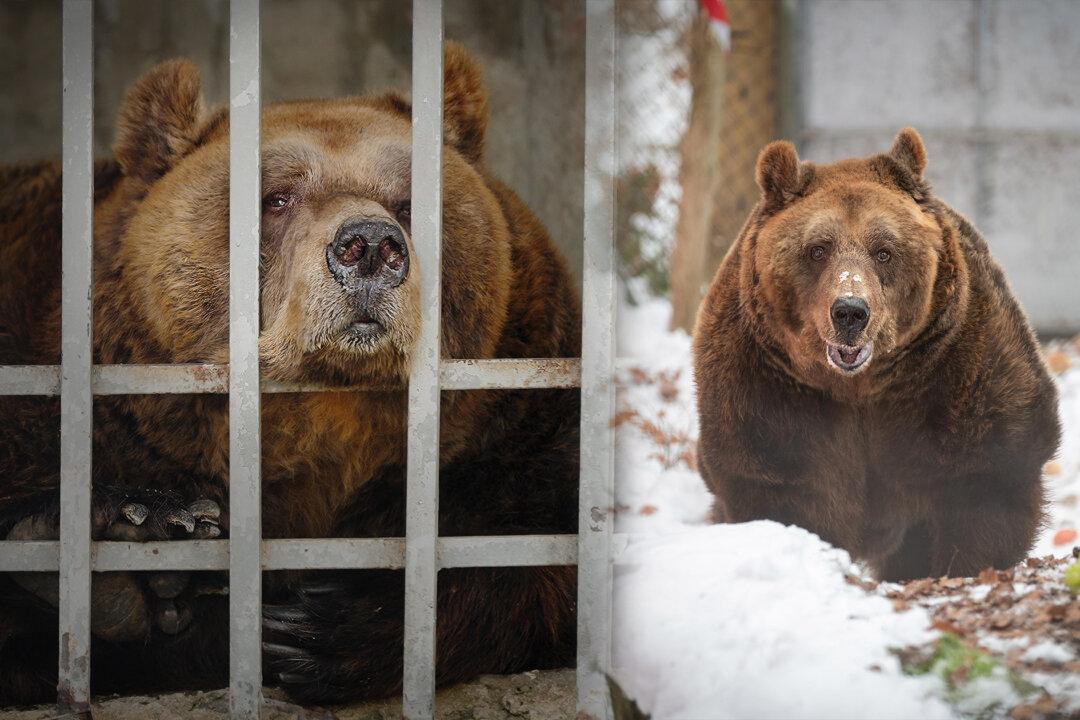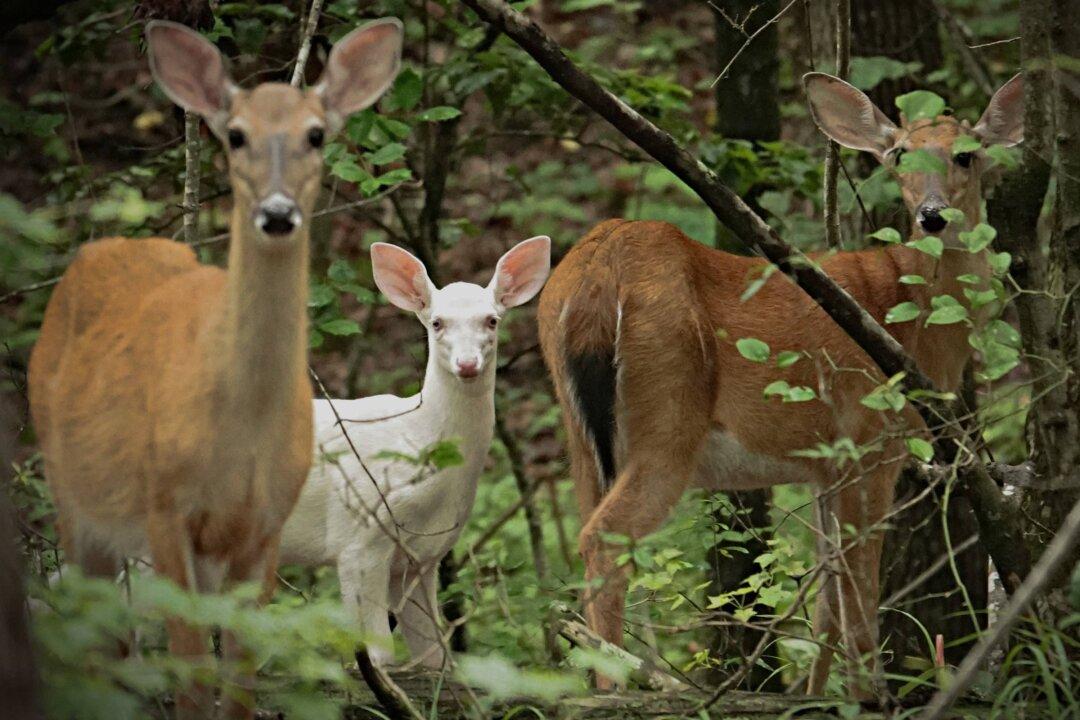Brown bear Mark is believed to be the last of Albania’s restaurant bears. He had been confined to a tiny cage with concrete floors, was unable to escape the gazes of restaurant patrons, and suffered from boredom for 20 years.
Recently delivered from these poor conditions outside of restaurant Sofra e Ariut (Bear’s Table) in Tirana, Mark has been sent to live in a more species-suitable bear sanctuary in Austria.






